In 2017, the creative technologists at Larva Labs created a collection of 10,000 unique pixel-art characters. They then offered them to anyone with an Ethereum wallet, and they were quickly snatched up. Some were sold soon after, for around $30.
But it wasn’t until 2021 that the project, CryptoPunks, would become a household name. In May, a collection of nine CryptoPunks sold for $16,962,500 at Christie’s. In June, CryptoPunk #7523 sold for $11,754,000 million at Sotheby’s.
Right now, because NFTs are still new, they represent a kind of terra incognita when it comes to pricing. CryptoPunks might be an extreme example, but they do illustrate how dynamic and changing this market can be. The popular saying is that NFTs are worth what people are willing to pay for them, but the truth is that that amount can vary widely.
Here are our best tips for setting your NFT prices on Vault by 500px.
Note: When setting your prices, it’s important to understand what fees you’ll be responsible for when minting your work; for instance, you’ll have to cover gas fees when using the Ethereum blockchain, so you might factor those costs into your final price.
Study the market
Take some time to follow artists you love, and keep an eye out for those at your career level and within your niche and medium. Prices for meme art will be different from prices for photography, which will in turn differ from video or gif art. Within photography alone, the prices for subgenres of landscape and portrait photography will also vary.
Follow collectors as well, especially those who make up your target audience. Some are interested in works of fine art, while others might be drawn to “collectibles.” Take a look at some of the leading marketplaces. Seeing what sells—and for how much—can help you decide on a ballpark for your own NFTs.
You might also find that the most successful artists in the NFT space don’t always correspond to the most popular artists in the traditional art world, as it’s often those who are most involved with the community (on Twitter, Discord, Clubhouse, and so on) who generate the most interest. Join the conversation; ask questions, and watch what people are saying. Connect with artists who are at a similar stage as you are; they can help you navigate this world of NFTs and provide feedback as you grow.
Consider the rarity
Photographers who sell physical prints will be familiar with the idea that scarcity creates value: limited edition prints cost more than open edition prints, and prints that are part of an edition of five, for example, will be worth more than prints that are included in an edition of 100. The same holds for NFTs: a single edition (one-of-one) NFT will fetch a higher price, while issuing several copies will allow you to sell to more collectors at a lower price point.
As with prints, there’s no right or wrong approach here, but you might find that one works better than the other for you and your audience. You can also include a mix of rare and common works to see which ones are most popular among collectors.
Stay accessible
There’s been tremendous hype around cryptocurrency in general and NFTs in particular, with some selling in the tens and hundreds of thousands. But most of these artists came into the crypto space with existing followings and do not represent the norm. “While trying to accumulate a following and fanbase, your prices should be accessible,” the 500px team tells us.
In other words, be realistic, and meet your followers where they are. It’s perfectly reasonable for artists to start selling NFTs at a couple hundred dollars and see where that takes them. As an emerging artist, it’s always better to start lower and then raise your prices rather than starting high and having to lower them. The idea is to build loyalty and create interest.
It also looks better to potential collectors when you have some sales under your belt, rather than having mostly unsold pieces without a visible history. If you don’t feel comfortable listing a one-of-one NFT for a lower price point, maybe you start with a set of numbered copies to build your patron base.
Add value
Another way to build a relationship with your supporters and create value is through unlockable content, available exclusively to collectors. Unlockable content could, for instance, include a physical print to go with the NFT or a high-res digital file the buyer can display on a large screen at home. You could offer something special like a studio visit or even a portrait session for the collector to enjoy.
A creative example can be found in the Shabangrs NFT collection by the photographer Peter Hurley. Ownership of the NFTs grants a buyer access to Shabangrsville, a virtual city in the metaverse, and entry into raffles for perks like a headshot session or workshops with Peter. There’s no limit to what you can offer your supporters, so feel free to think outside the box.
Be flexible
The beauty of prices is that you can tailor them to your following and needs. On Vault by 500px, you can change your prices whenever you wish, giving you more flexibility. Once you’ve established a following in the crypto space, maybe you host a flash sale, where your work is available for a lower price for just a short period of time. “Exclusive price drops can result in some quick sales,” the 500px team explains.
If you find your work is selling faster than you expected, feel free to raise your prices accordingly. Ideally, you reevaluate on a consistent basis as you establish yourself and increase your floor price slowly. It’s also good practice to keep an eye on what your work is selling for on the secondary market, as this data can indicate when to raise your prices. It can take some trial and error to find what works, so give yourself room to experiment.
Think long-term
During the so-called NFT “gold rush” we’ve witnessed over the last year, it can feel like everyone’s making lots of money right away. Some are having overnight successes, but many aren’t, and it’s important to recognize that to avoid burnout and disappointment. Most will take time to cultivate an audience and following, so approach your collection with a long-term mindset. Try to avoid comparisons to other artists. Just because your work didn’t sell immediately doesn’t mean it won’t sell. It might just mean you have to get out there, tell your story, and share your work so the right collectors can find you.
Join the Vault waitlist to get early access and be the first to find out how you can create, buy, sell, and earn.



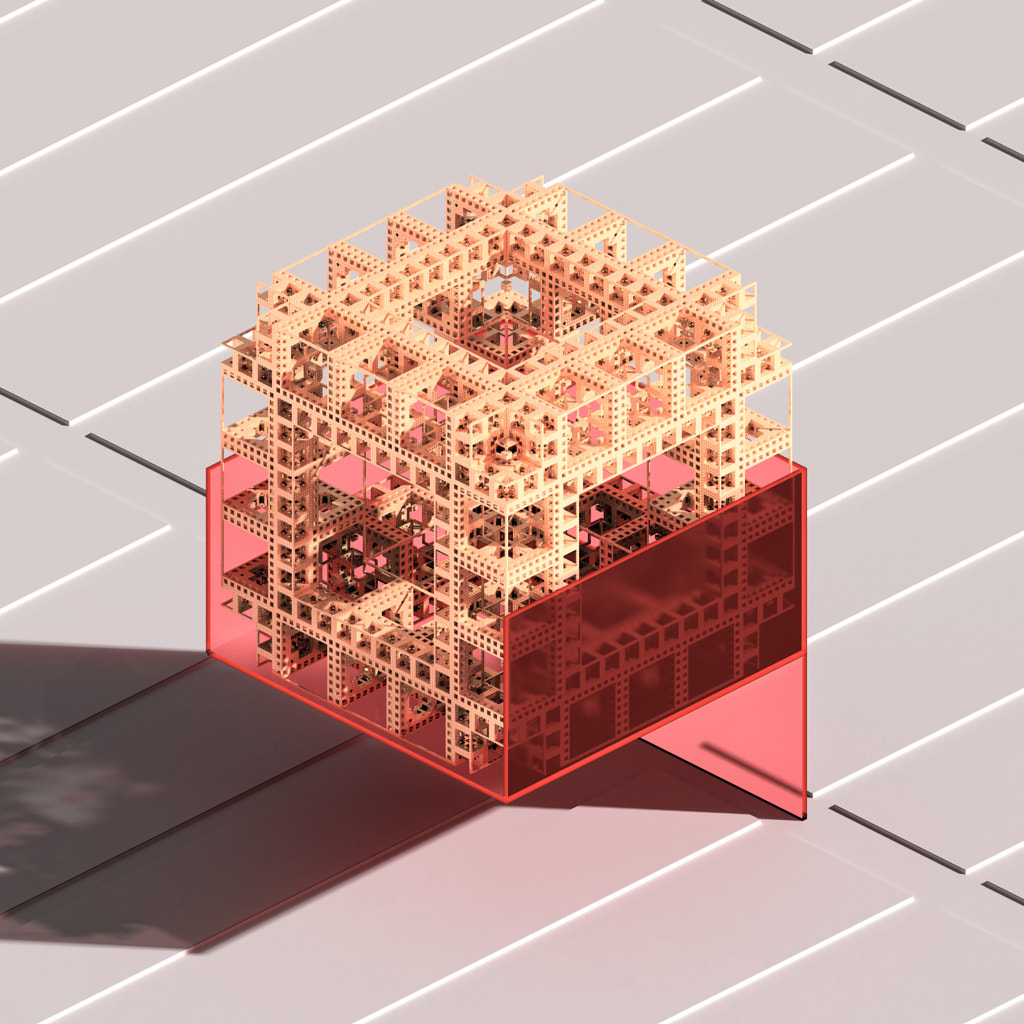
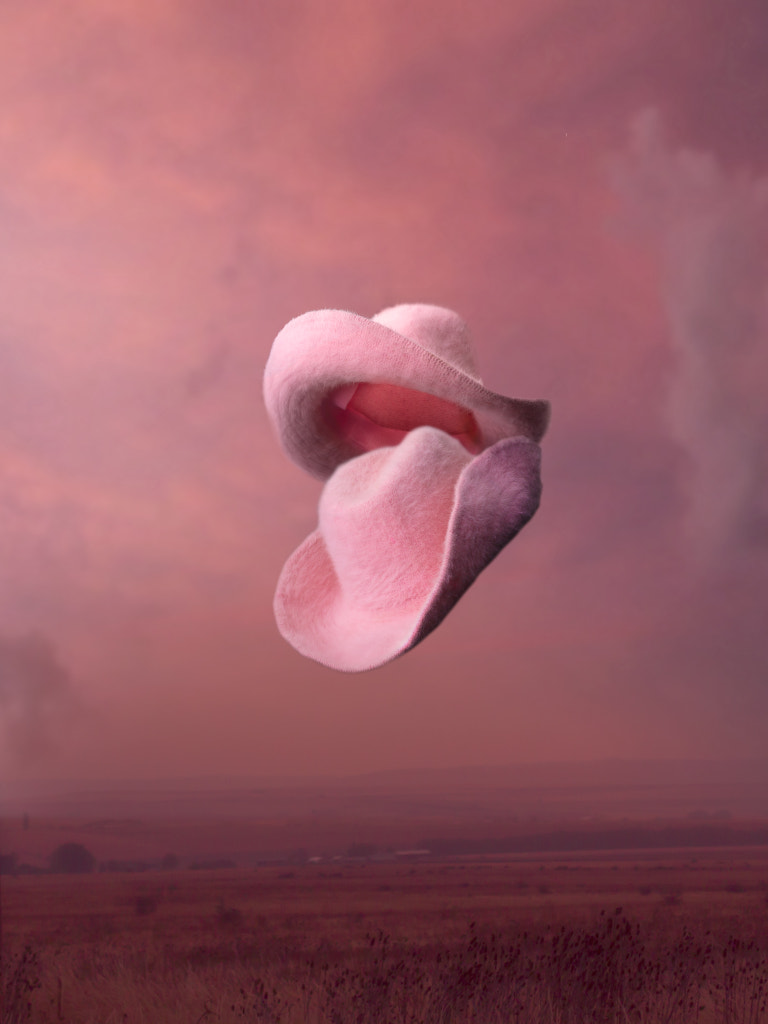


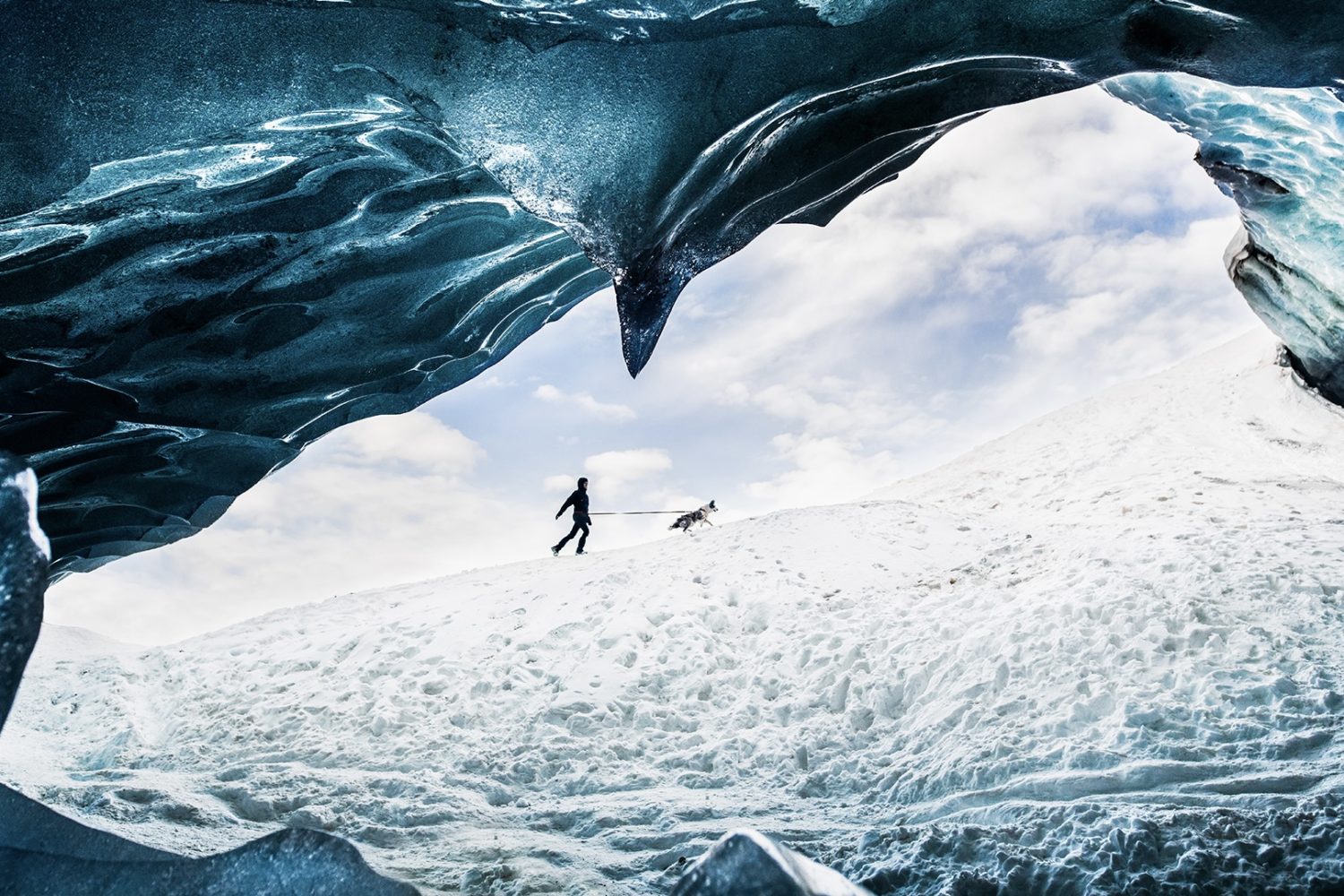
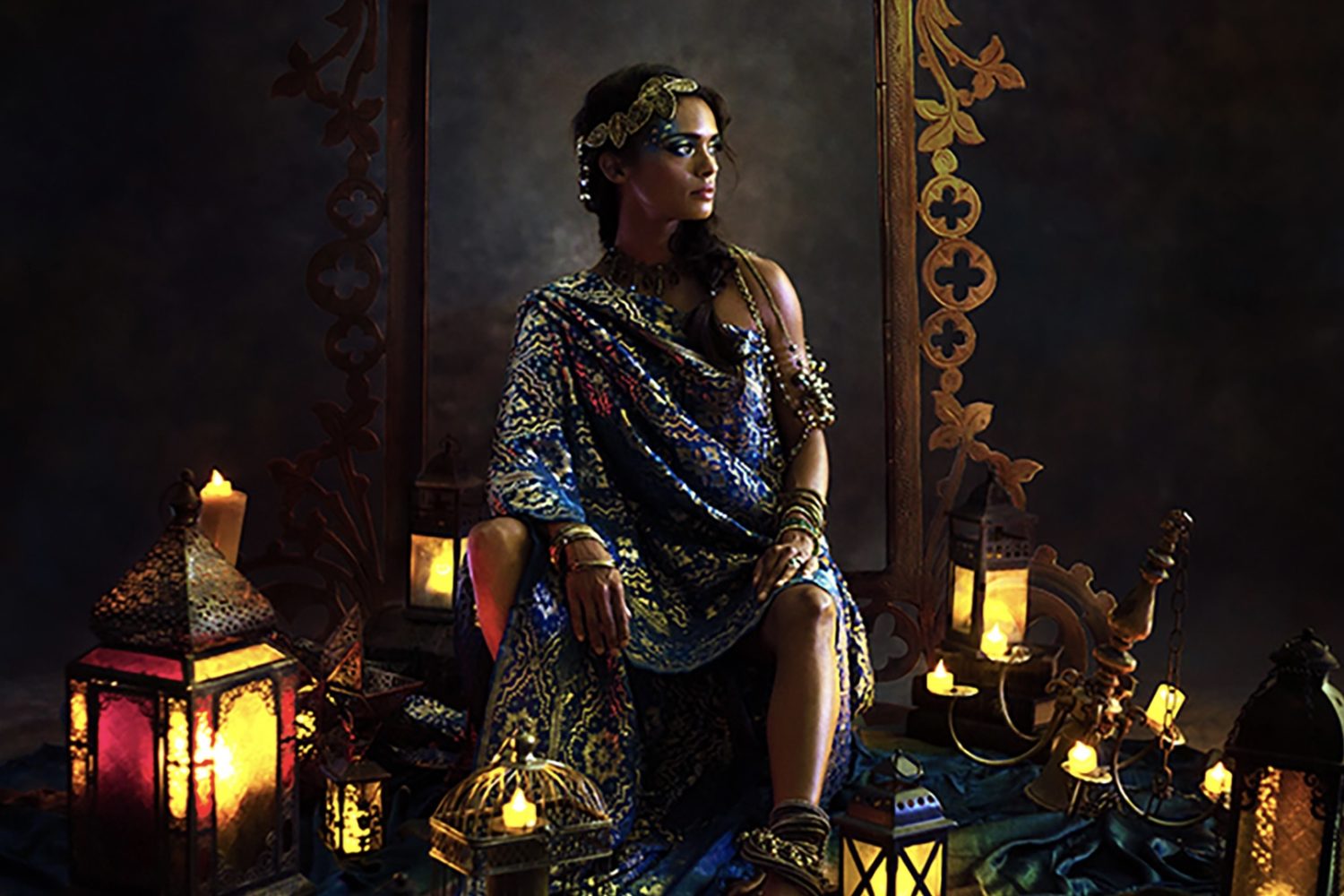
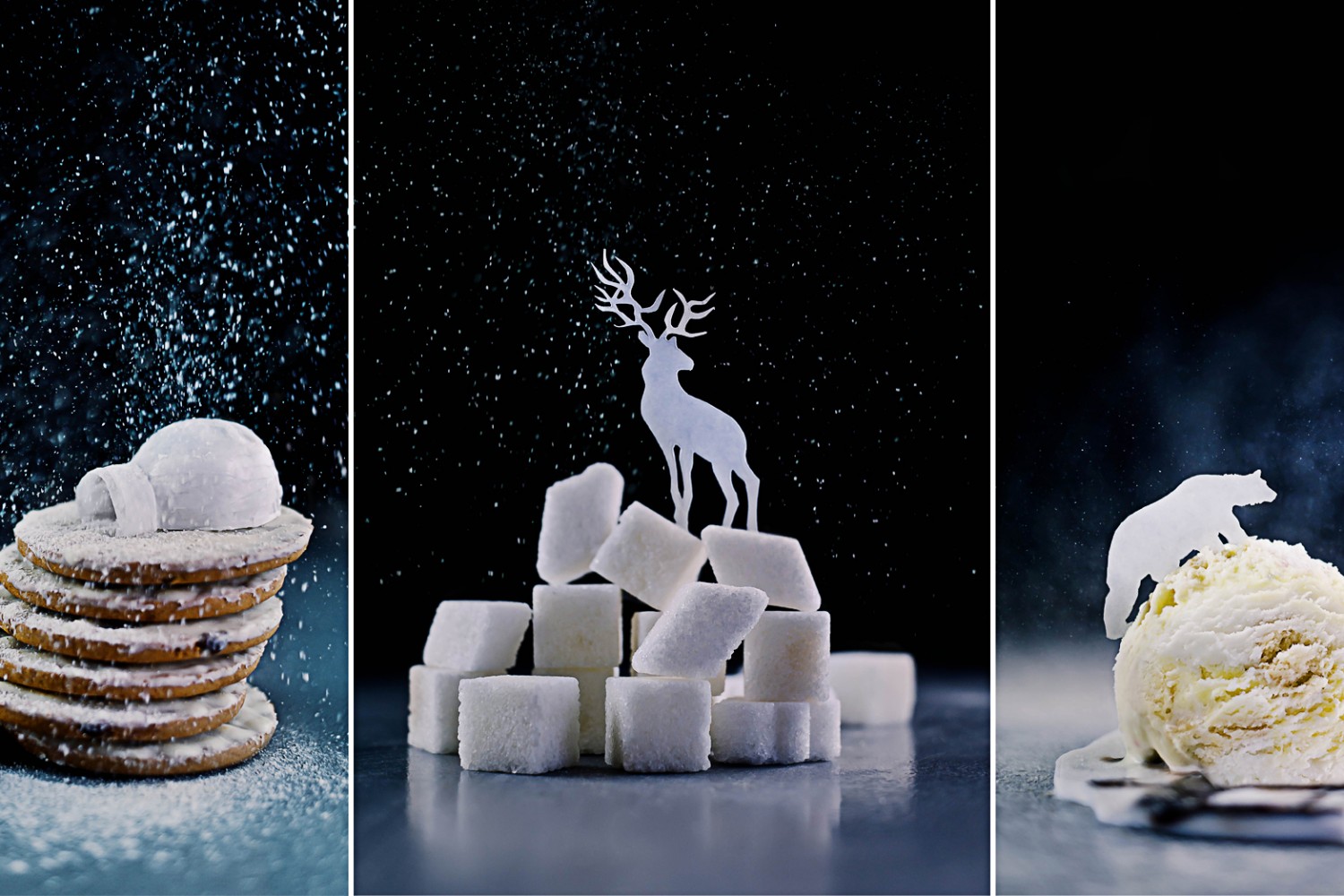


Leave a reply